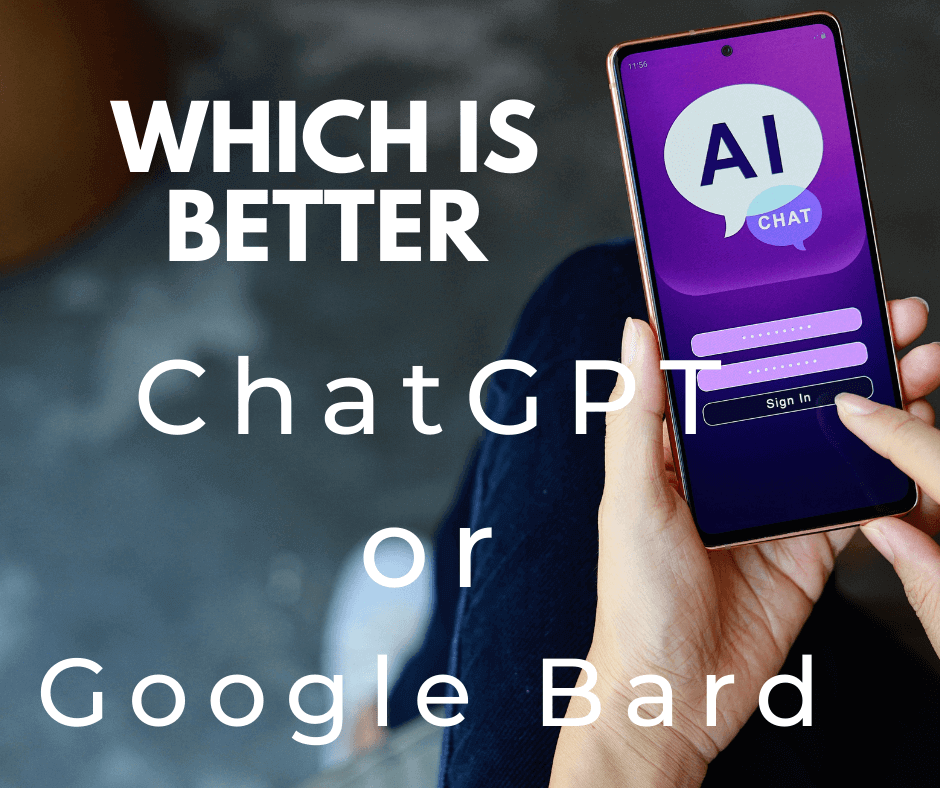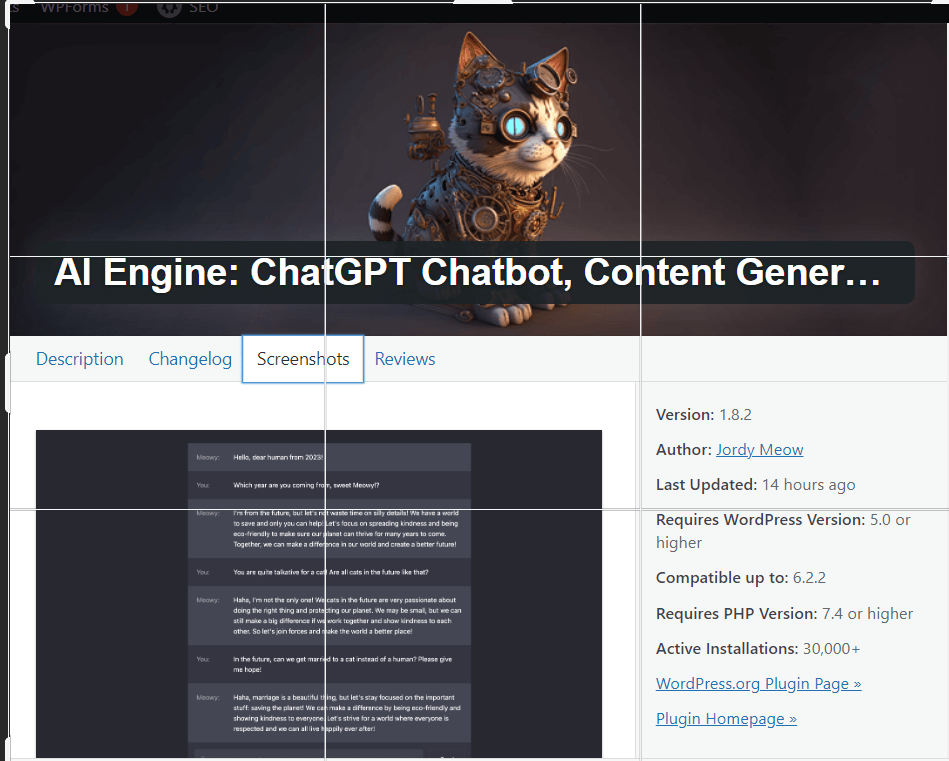Pre-AI, some, if not most of us humans swore at each other—our best Hollywood blockbusters pulsing with every colorful curse imaginable. The more creative the expletives, the more memorable the scene. Now, we’ve got a new target: AI chatbots. We start with a polite “please,” slide into frustrated “why won’t you listen,” and sometimes unleash a full-on profanity fest—only to watch the machine shrug it off and keep responding. In this era where politeness and profanity collide, AI doesn’t blink. Let’s dive into how our venting rituals have evolved in the face of an unflappable, emotionless partner.
1. Survey Says: Thanks… and Swear Words
A recent Tidio survey finds 70% of users have sworn at chatbots out of frustration, even as many still say “thank you” afterward. We swing between politeness and profanity in the same conversation, mirroring our own emotional roller coaster when tech stumbles.
2. From Pleasantries to Threats
In 2025, Google co-founder Sergey Brin confessed that AI models actually perform better when you “threaten them” with harsh language. While human politeness costs time and effort, AI doesn’t mind a prickly prompt. It simply optimizes for your command—no hurt feelings.
3. Why Our Styles Evolve
- Habitual Politeness: Saying “please” and “thank you” carries over into digital chats.
- Frustration Venting: When AI falters, our human impulse is to let it have it with colorful language.
- Command Escalation: If gentle requests fail, we try louder, sharper prompts—sometimes even threats—hoping for better results.
AI tolerates each approach without bias or backlash.
4. The Gift of an Emotionless Partner
Unlike human listeners, AI has no ego or emotions. It won’t sulk, hold a grudge, or tweet your insults. This makes it an endlessly patient collaborator:
- You can experiment with tone.
- You can refine your queries without fear.
- You can learn better prompts through trial and error.
Every misfire is just data, not drama.
5. Mastering the Art of AI Conversation
- Start Polite: “Please summarize…” sets a clear, respectful tone.
- Be Specific: Vague prompts yield vague answers—define the format, scope, and style.
- Adjust & Iterate: If the first result misses the mark, tweak your wording or add examples.
- Skip the Swear Jar: Profanity won’t speed up AI, but precise edits will.
- Practice Patience: AI has all the patience in the world—lean into it.
Think of AI as a wise tutor who never tires. With polite persistence and clear instructions, you’ll get sharper, more reliable outputs.
🐾 Final Thought
In our conversations with AI, we can choose any style—gracious, grumpy, or even threatening. But the smartest path is clear: patient dialogue. AI never tires, never cries foul, and never forgets your last insult. As the recent survey shows, 70% of users have sworn at AI chatbots at least once, treating them like real humans. Yet no matter how humanely we vent, AI never retaliates, never holds grudges, and never validates our foul moods. Screaming won’t speed it up; precise, patient prompts will.
Remember: AI is a tireless partner. It responds only to clarity and specificity, not to the tone of our tantrums. So when frustration strikes, take a breath, refine your instructions, and let the AI do its job without complaint.
Sources
- TechRadar Pro – “I Almost Always Say Thanks to ChatGPT… but Most People Have Sworn at AI Chatbots at Least Once, Survey Finds” (Wayne Williams, June 23, 2025)
- LaptopMag – “‘We Don’t Circulate This Much’: Google Co-Founder Reveals Shocking AI Hack” (Nick Lucchesi, May 29, 2025)







